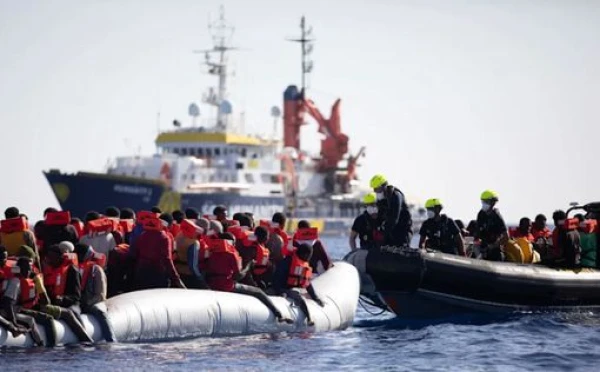
The migration and asylum pact adopted by the European Union in May 2024 is causing much debate, particularly regarding mandatory solidarity. One of the key questions is: which countries will be able to avoid part of their obligations?
The provisions of the pact provide for a mechanism ensuring the annual resettlement of at least 30,000 migrants. Countries that decide not to accept and not to consider asylum applications will be required to pay a fee of 20,000 euros for each unprocessed application or take other solidarity measures.
Member states have three options for fulfilling their obligations: resettling migrants, financial contributions, or operational support (e.g., equipment, personnel, logistics).
At the same time, the pact stipulates that countries experiencing particular migration pressure - for example, due to a large influx of refugees - may be partially or fully exempt from their solidarity obligations.
Poland as a Role Model
The focus is on Poland. According to RMF FM and other Polish media, Poland may be exempt from the obligation to resettle migrants and from part of its financial obligations under the pact, as well as receive operational benefits.
At a press conference in RFK Racibórz on Tuesday, Prime Minister Donald Tusk reacted to these reports:
"I have known for a long time that Poland will not be included in the resettlement program and no one will send us migrants," Tusk emphasized.
The Prime Minister added: "As long as I am responsible for managing Poland, regardless of how the further stages of the migration pact will look, Poland is not accepting and will not accept any migrants into the resettlement mechanism. Not a single migrant. And from our point of view, this topic is closed."
Minister of Interior and Administration Marcin Kerwiński also commented on these reports: "Poland will be excluded from the mechanisms of migrant resettlement for many years," the minister stated on Tuesday in Luxembourg during a meeting of the European Union Council on Justice and Home Affairs.
Former Minister of Interior and Administration in Mateusz Morawiecki's government, and now a Member of the European Parliament from PiS, Mariusz Kamiński touched on this issue in his profile on the social network X. As he noted, in his opinion, there can be no question of Poland's systematic exclusion from the migration pact:
"The issue of the migration pact is currently a subject of fierce friction in the European Union. No decisions have been made, and the question of Poland's systematic exclusion is not on the table," Kamiński emphasized.
Adam Slapka, the government spokesperson, reminded TVP Info on Tuesday that the provisions of the so-called migration pact were developed during Mateusz Morawiecki's time in government. According to him, "this is actually a migration pact named after Mateusz Morawiecki." He also stated that Poland will be exempt from resettling migrants forever, not just for one year.
However, there is still no official position from the European Commission.
Poland claims that since the beginning of Russia's invasion of Ukraine, it has accepted millions of refugees, which puts it in a unique situation and deserves the status of a country "under migration pressure."
Can a country be completely exempt from obligations under the migration pact? The European Commission emphasizes that EU legislation does not provide for a complete exemption of a country from obligations under the pact.
Rather, it implies the possibility of mitigating obligations, such as a smaller number of resettled migrants, lower financial or operational obligations, if a member state is considered to be "experiencing migration pressure."
The criteria that the EU will use to recognize such a status for a country are not clearly presented. The number of refugees, temporary protection, the situation at borders - all these are elements that may be taken into account.
If a decision on any form of exemption is officially made, it may mean that the country will not have to accept migrants, or it will have to accept fewer people. It may be exempt from financial penalties or fees related to non-compliance with the resettlement obligation, or have a reduced rate. It may also be exempt from the obligation to provide equipment, personnel, or participate in operational activities.
Theoretically, it may also be exempt from some procedural requirements, such as verification obligations. This is less likely, as procedural issues are more strictly regulated by law.
There is a risk that such decisions may be perceived as a precedent, meaning that other countries will expect similar concessions. This could lead to negotiations, protests, or legal disputes if the EC or other countries interpret the decision differently.
Who Else, Besides Poland, Can Apply for Exemption?
So far, in the context of possible exemptions, countries particularly suffering from migration, such as Greece, Spain, and Italy, have been most frequently mentioned.
There are also countries accepting a large number of military refugees - the example of Poland and Ukraine shows that such a criterion can be decisive.
However, at this point, there is no officially confirmed list of countries that may be officially exempted.
Doubts, Disputes, and What’s Next?
On October 15, the European Commission was supposed to present a list of countries under so-called migration pressure and determine the solidarity pool for the next year (resettlement, fees for not accepting migrants, or operational support).
However, according to unofficial media reports, the EC will not consider the report on the migration pact this week.
EU Commissioner for Home Affairs and Migration Magnus Brunner was supposed to present a report on the migration situation in individual EU countries and the resulting solidarity obligations on Wednesday (October 15).
Responding at a press conference after the ministers' meeting on Tuesday in Luxembourg to a question about whether the growing opposition from member states could block the implementation of the plan, Brunner emphasized that it does not matter much whether the European Commission presents the document a few days earlier or later.
According to RMF FM, EC spokesperson Markus Lampert stated that he would "inform when a new publication date is set."
This delay raises questions about Poland's fate in the context of the EU's "migration solidarity" mechanism, especially regarding its chances of being exempted from resettling migrants or financial obligations.
To date, there are no officially confirmed lists of countries that will be exempt from solidarity obligations. Poland is most frequently mentioned as a country that may receive the status of "a country experiencing migration pressure."

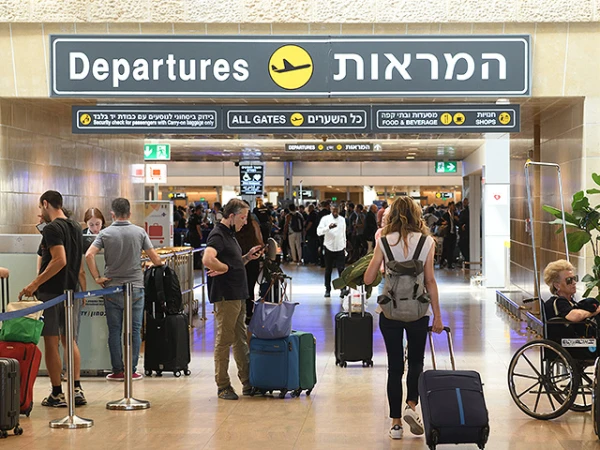


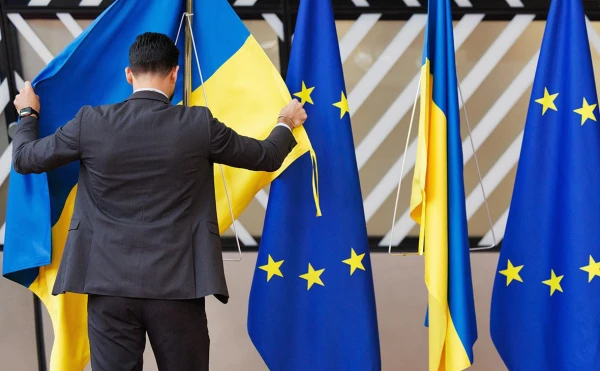
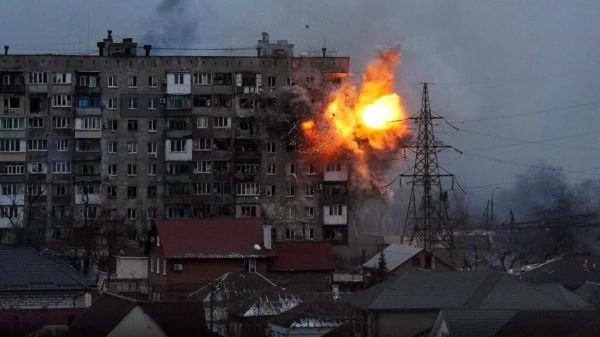


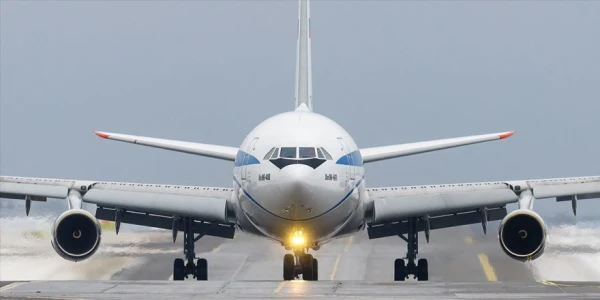





Leave a comment